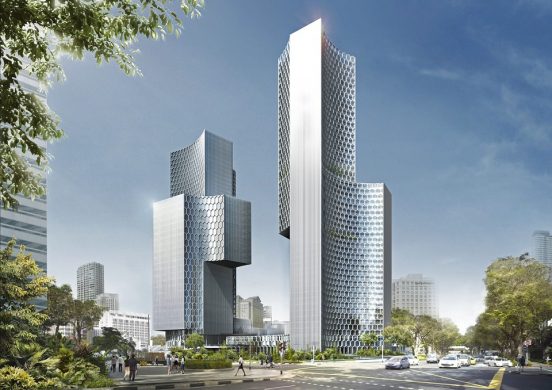It’s official: world leaders have adopted the New Urban Agenda, which sets a new global standard for sustainable urban development, and will help us rethink how we plan, manage and live in cities.
The New Urban Agenda is roadmap for building cities that can serve as engines of prosperity and centres of cultural and social well-being while protecting the environment. The Agenda also provides guidance for achieving the Sustainable Development Goals and provides the underpinning for actions to address climate change.
Now it is up to national governments and local authorities to implement the Agenda, with technical and financial partnerships and assistance from the international community.
In the New Urban Agenda, leaders have committed to:
Provide basic services for all citizens
These services include: access to housing, safe drinking water and sanitation, nutritious food, healthcare and family planning, education, culture and access to communication technologies.
Ensure that all citizens have access to equal opportunities and face no discrimination
Everyone has the right to benefit from what their cities offer. The New Urban Agenda calls on city authorities to take into account the needs of women, people with disabilities, marginalized groups, older persons, indigenous people, among other groups.
Promote measures that support cleaner cities
Tackling air pollution in cities is good both for people”s health and for the planet. In the Agenda, leaders have committed to increase their use of renewable energy, provide better and greener public transport, and sustainably manage their natural resources.
Strengthen resilience in cities to reduce the risk and the impact of disasters
Many cities have felt the impact of natural disasters and leaders have now committed to implement mitigation and adaptation measures to minimize these impacts. Some of these measures include: better urban planning, quality infrastructure and improving local responses.
Take action to address climate change by reducing their greenhouse gas emissions
Leaders have committed to involve not just the local government but all actors of society to take climate action taking into account the Paris Agreement on climate change which seeks to limit the increase in global temperature to well below 2 degrees Celsius. Sustainable cities that reduce emissions from energy and build resilience can play a lead role.
Fully respect the rights of refugees, migrants and internally displaced persons regardless of their migration status
Leaders have recognized that migration poses challenges but it also brings significant contributions to urban life. Because of this, they have committed to establish measures that help migrants, refugees and IDPs make positive contributions to societies.
Improve connectivity and support innovative and green initiatives
This includes establishing partnerships with businesses and civil society to find sustainable solutions to urban challenges
Promote safe, accessible and green public spaces
Human interaction should be facilitated by urban planning, which is why the Agenda calls for an increase in public spaces such as sidewalks, cycling lanes, gardens, squares and parks. Sustainable urban design plays a key role in ensuring the liveability and prosperity of a city.
How will this be achieved?
The New Urban Agenda will require new urban rules and regulations, improved urban planning and design, and municipal finance, among other things. To find out more about the implementation of the Agenda visit:https://habitat3.org/the-new-urban-agenda/















